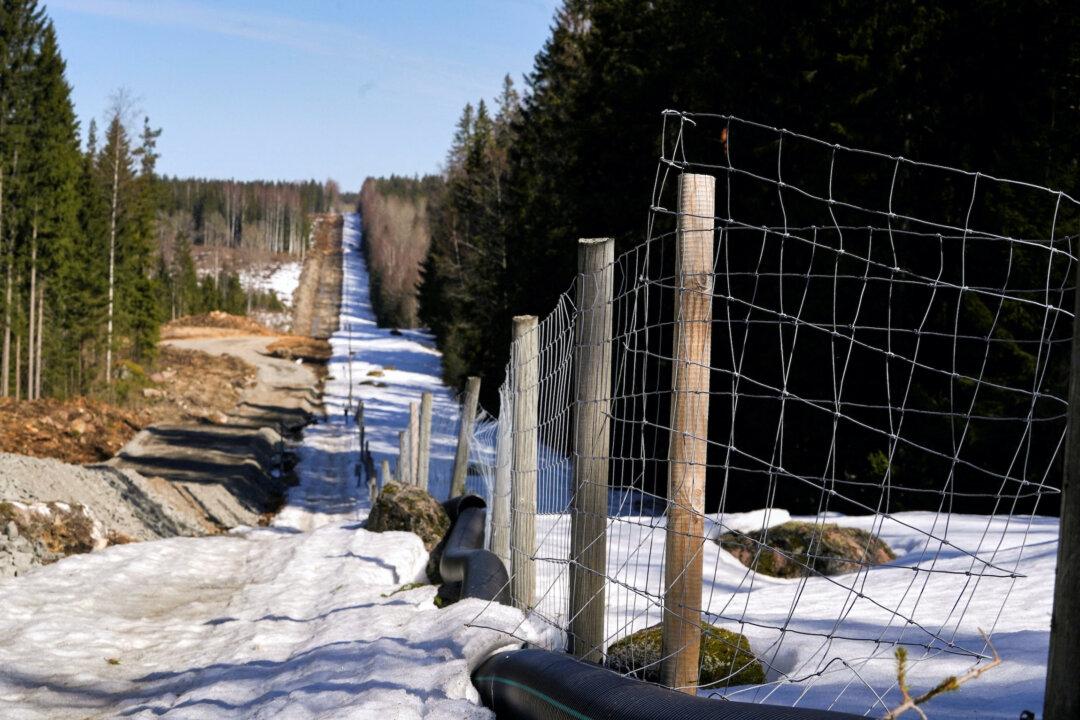New NATO member Finland has closed its last remaining border crossing with Russia over concern that Moscow was helping third-country migrants to reach the border in an act labeled by Helsinki as “hybrid warfare.”
The border action may soon be matched by longstanding alliance member Estonia.





